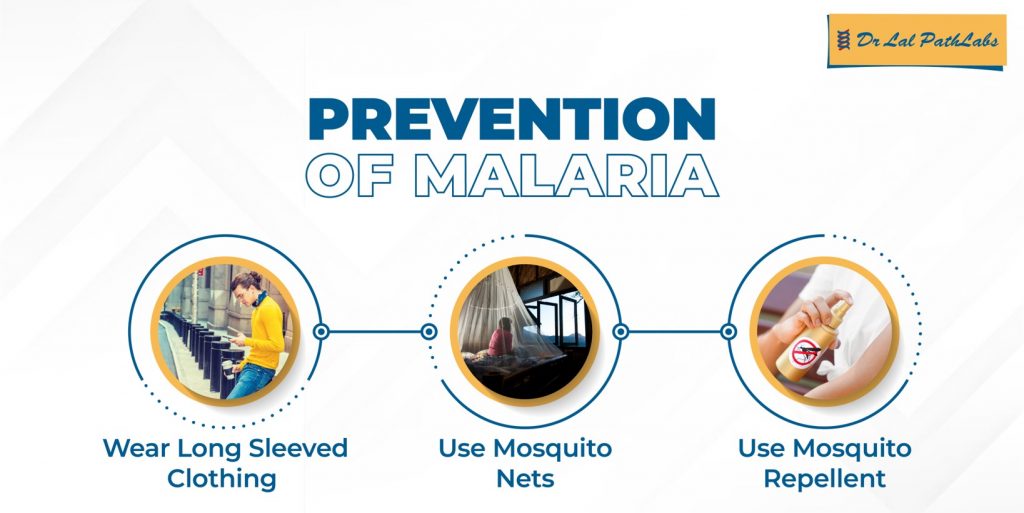5 Ways To Prevent Malaria

5 Ways to Prevent Malaria
Malaria is a mosquito-borne disease caused by the Plasmodium parasite. It’s a significant global health concern, particularly in tropical and subtropical regions. Prevention of malaria involves a combination of strategies to reduce mosquito exposure and minimize the risk of infection.
5 Ways to Prevent Malaria
Here are 5 key ways to prevent malaria:
- Use Bed Nets: Sleeping under insecticide-treated bed nets (ITNs) is one of the most effective ways to prevent malaria. These nets create a physical barrier between individuals and mosquitoes, reducing the likelihood of getting bitten while sleeping. The insecticide also repels and kills mosquitoes that come in contact with the net.
- Indoor Residual Spraying (IRS): IRS involves spraying insecticides on the interior walls and ceilings of houses. This kills mosquitoes that rest on these surfaces and reduces their ability to transmit the parasite to humans. IRS is especially effective when combined with other preventive measures.
- Take Antimalarial Medications: If you’re traveling to an area where malaria is prevalent, it’s important to take antimalarial medications as prescribed by a healthcare professional. These medications can prevent infection or help treat the infection at an early stage, reducing the severity of symptoms.
- Wear Protective Clothing: Wearing long-sleeved clothing, pants, and socks can help minimize skin exposure to mosquitoes. This is particularly important during times when mosquitoes are most active, such as at dawn and dusk.
- Eliminate Mosquito Breeding Sites: Mosquitoes that transmit malaria breed in stagnant water. By eliminating standing water around your living area, you can reduce the mosquito population. This involves emptying containers that collect water, covering water storage containers, and properly maintaining drainage systems.
It’s important to note that these strategies are often most effective when used in combination. Additionally, public health initiatives and community involvement play a crucial role in the prevention of malaria, as they can help implement and sustain these preventive measures on a larger scale. If you’re planning to travel to a malaria-endemic area or live in one, it’s recommended to consult with the doctor and follow local guidelines to ensure effective prevention.













